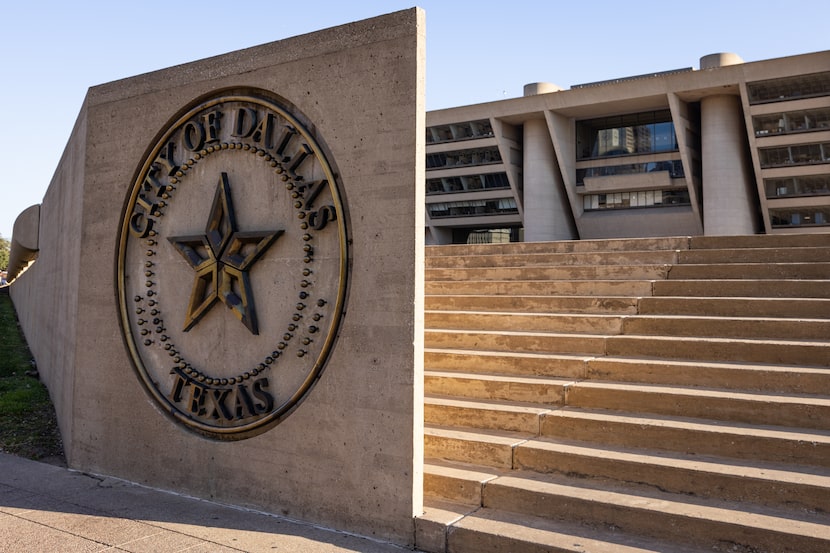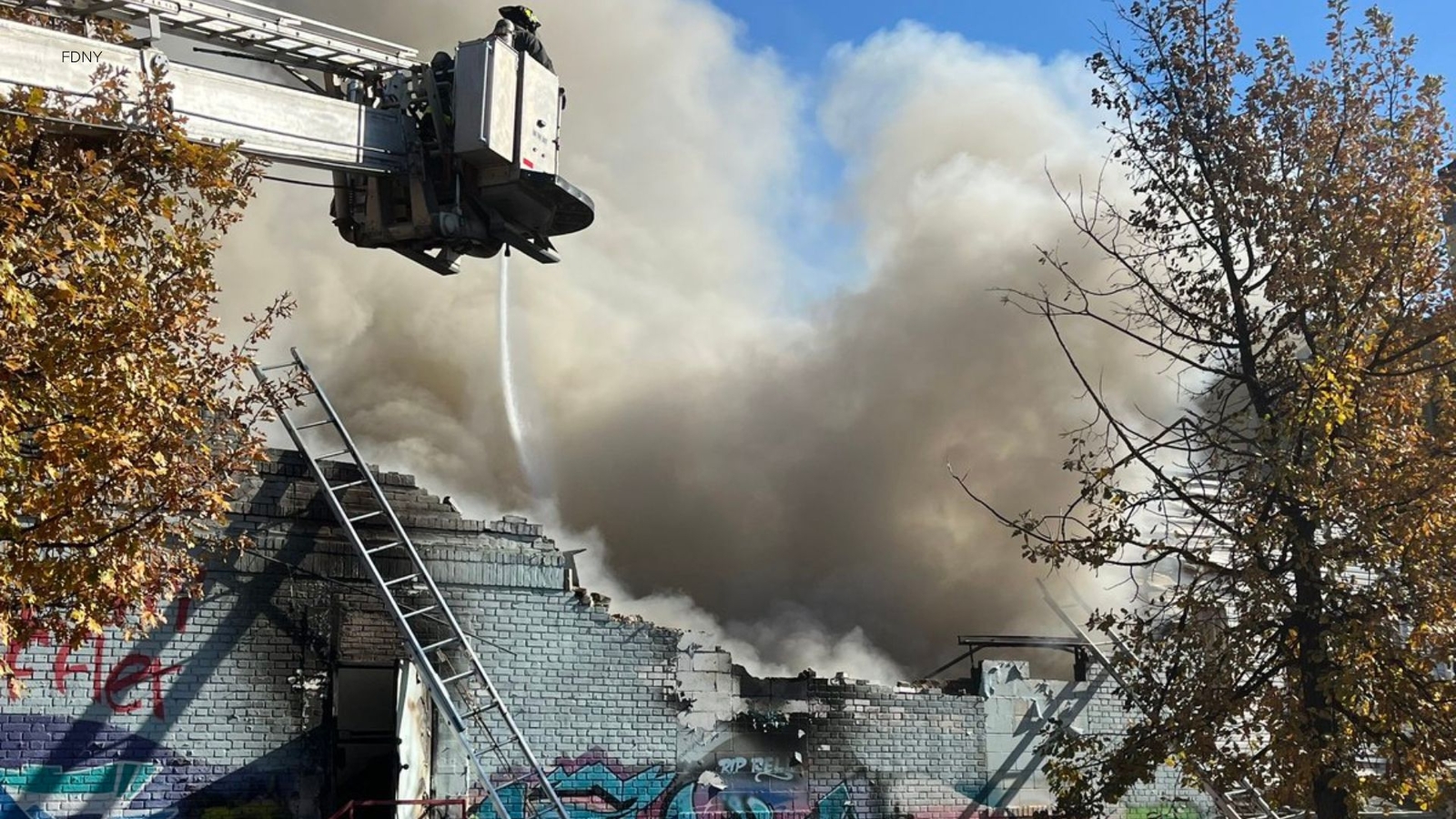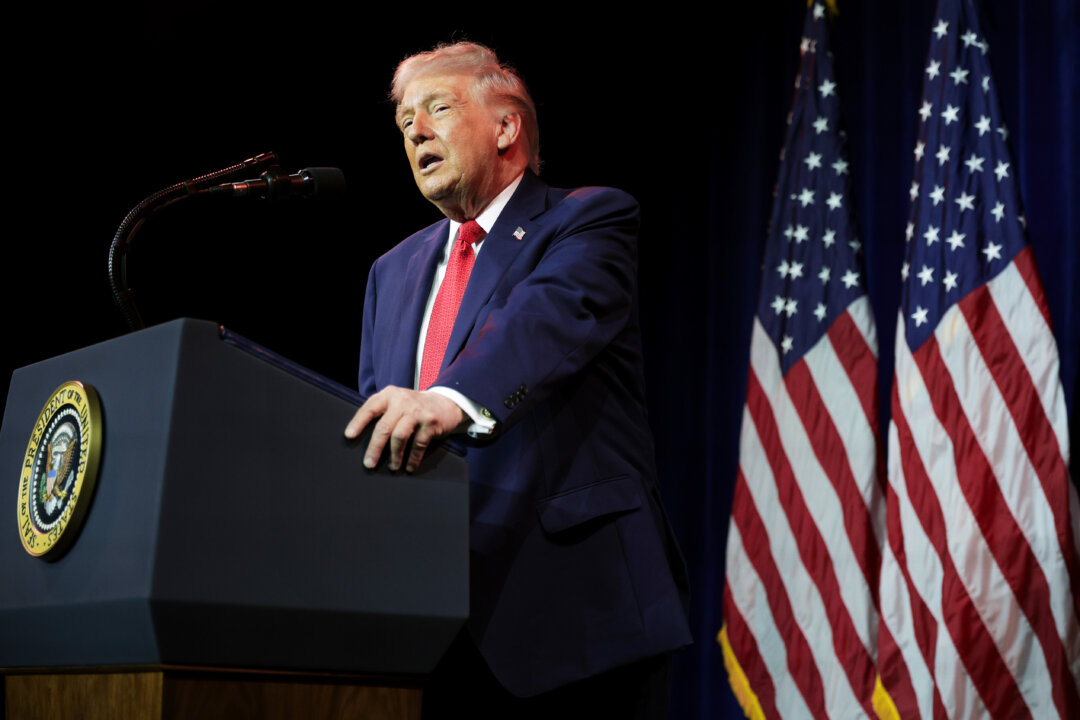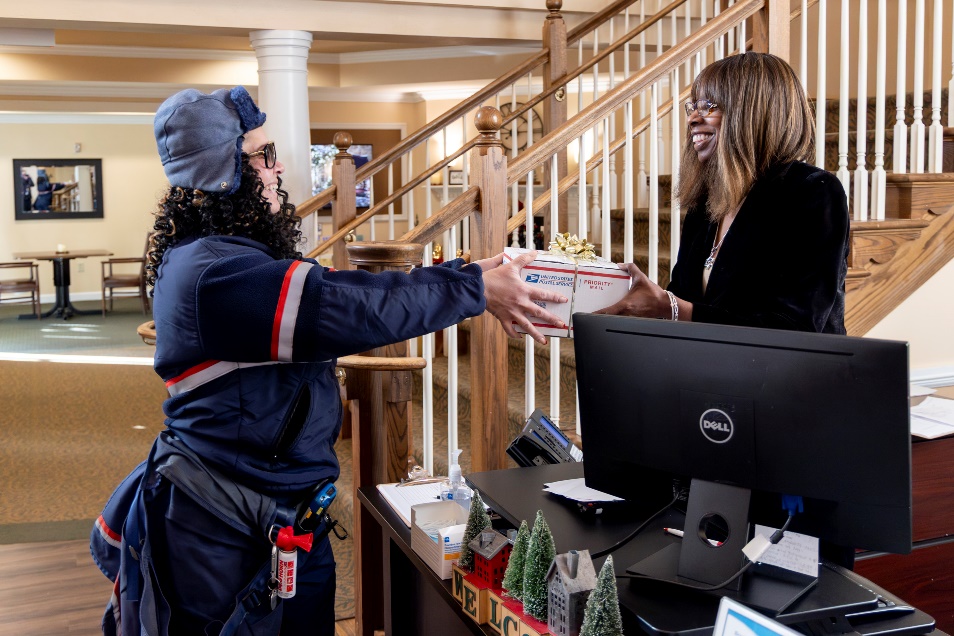UPDATE: A heated debate is unfolding over the future of Dallas City Hall as concerns mount about its $600 million deferred maintenance costs. Officials and citizens alike are questioning whether to renovate or abandon the iconic building designed by architect I.M. Pei. This urgent discussion has escalated quickly, prompting a wave of public opinion and proposed alternatives.
The escalating costs associated with the maintenance of Dallas City Hall have ignited fears that the building poses a “civic danger.” Critics argue that the estimated costs are not a new revelation but rather a manipulated narrative designed to rush decision-making without full transparency. Robert Gilbreath of Dallas/Lakewood stated, “Dallas deserves better than policy by panic.” He advocates for a thorough, independent assessment before abandoning a landmark that carries decades of civic identity.
Meanwhile, Kathleen Matsumura from Farmers Branch proposes a radical reimagining of the space. “Why not transform this art piece into a mini-village with apartments, shops, and community spaces?” she suggests, drawing parallels to successful urban redevelopment projects in other cities. The public’s imagination is being called upon, with an emphasis on creative solutions that go beyond mere renovation or demolition.
In response to concerns raised about the plaza surrounding City Hall, Norwood Andrews argues for a redesign that could establish a vibrant central park, stating this would be “transformative” for Dallas. He calls for bold action that would not only preserve the building but also enhance the surrounding area as a gathering place for the community.
As city officials explore alternatives, Lee P. Oneacre proposes relocating City Hall offices to the struggling Kay Bailey Hutchison Convention Center, which is undergoing a multi-billion-dollar remodel. He highlights the changing landscape of convention business and suggests a strategic pivot could maximize the use of public resources.
The urgency of this debate is underscored by the stark realities of financial feasibility. Jim Manning from Grapevine emphasizes the need for a comprehensive assessment of the long-term costs associated with maintaining or rebuilding City Hall, stating, “Take the long view.” He warns against being swayed solely by developers eager to promote new constructions.
Despite the differing opinions, one sentiment remains clear: the citizens of Dallas are demanding accountability. Tracy Wallace questions how the city allowed the situation to deteriorate, calling for transparency in the decision-making process. “The citizens of Dallas need some accountability here,” he insists.
As discussions continue, the future of Dallas City Hall hangs in the balance. Voices from across the city are urging community involvement, transparency, and creative thinking to ensure that the city’s history and identity are preserved.
The next steps are crucial. City officials are set to hold a series of public forums to engage with residents and stakeholders, ensuring that all voices are heard in this pivotal moment for Dallas. As the city navigates this urgent situation, the outcome will undoubtedly impact the civic landscape for generations to come.
Stay tuned as this story develops, with more insights and community feedback expected in the coming days.







